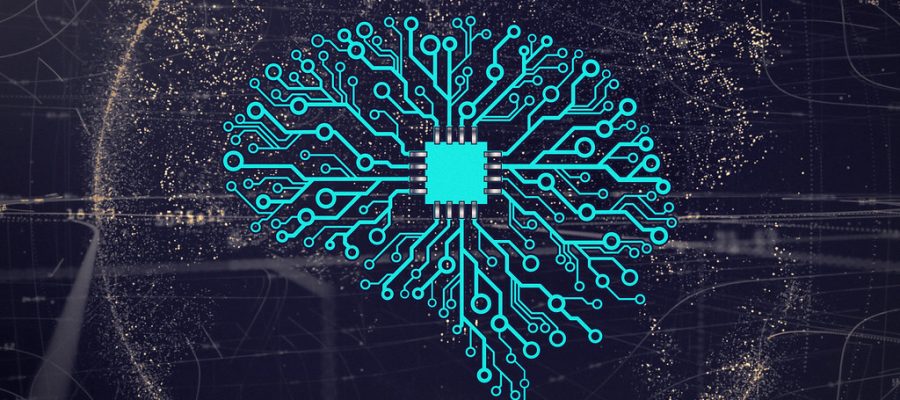By: Dan L. Burk Increasing use of machine learning or “artificial intelligence” (AI) software systems in technical innovation has led some to speculate that perhaps machines might be considered inventors under patent law. While U.S. patent doctrine decisively precludes such a bizarre and counterproductive result, the speculation leads to a more fruitful inquiry about the role of causation in the law of inventorship. U.S. law has almost entirely disregarded causation in determining inventorship, with very few exceptions, some of which are surprising. In this essay, I examine those exceptions to inventive causality, the role they play in determining inventorship, and their effect in excluding consideration of mechanical inventors under current law. Download Full Article (PDF) Cite: 20 Duke L. & Tech. Rev. 116


